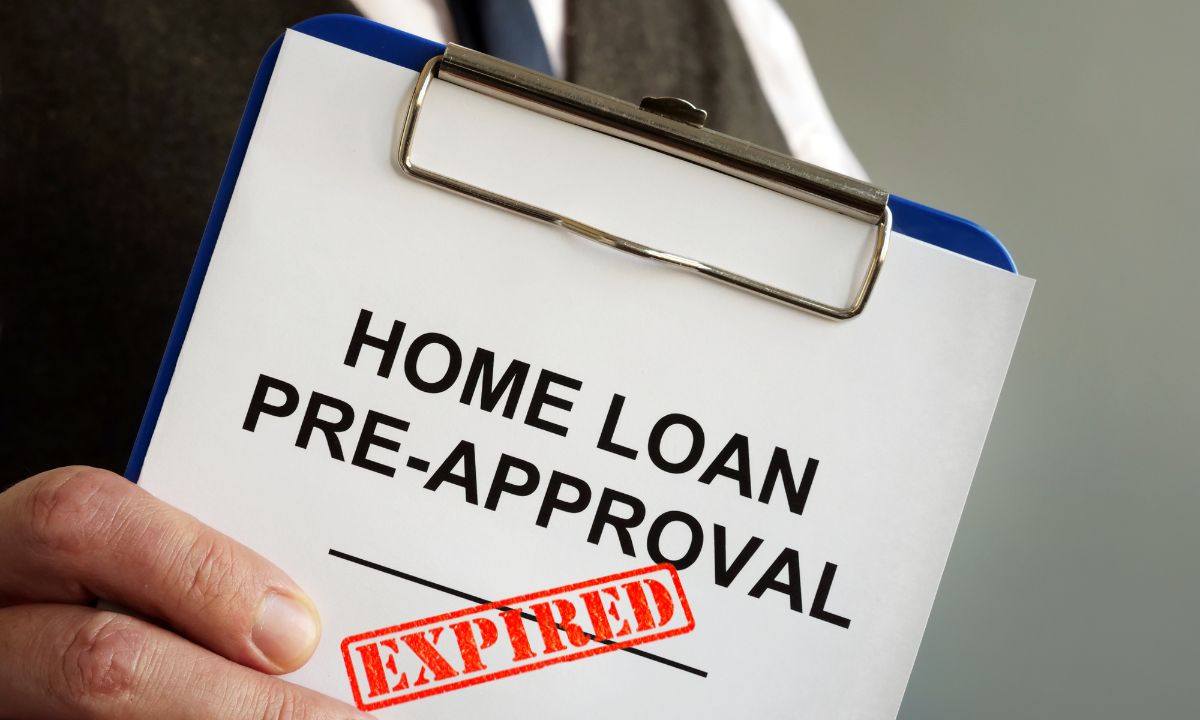Differences Between a Mortgage Broker vs. Mortgage Originator
 When you’re in the market for a home loan, you’ll likely come across terms like “mortgage broker” and “mortgage originator.” While these professionals play critical roles in helping you secure financing, their responsibilities and how they serve you differ significantly. Understanding these distinctions can empower you to make informed decisions during your home-buying journey.
When you’re in the market for a home loan, you’ll likely come across terms like “mortgage broker” and “mortgage originator.” While these professionals play critical roles in helping you secure financing, their responsibilities and how they serve you differ significantly. Understanding these distinctions can empower you to make informed decisions during your home-buying journey.
What is a Mortgage Broker?
A mortgage broker acts as an intermediary between borrowers and lenders. They don’t work for a specific bank or lending institution; instead, they work with multiple lenders to find the best loan options for their clients. Their primary role is to assess your financial situation, discuss your borrowing needs, and shop for mortgage products that match your goals.
Here are some of the key tasks a mortgage broker performs:
-
Loan Comparison: Brokers provide access to a wide range of loan products, allowing borrowers to compare interest rates, terms, and conditions across various lenders.
-
Loan Application Assistance: They help you prepare and submit your loan application, ensuring that all required documents are in order.
-
Negotiation: Mortgage brokers negotiate with lenders on your behalf to secure favorable terms, such as lower interest rates or reduced fees.
-
Tailored Advice: Brokers can guide you toward loan products that fit your specific financial situation, such as FHA loans, VA loans, or conventional loans.
Because mortgage brokers work with multiple lenders, they often provide access to loan options that borrowers might not find on their own. However, they typically charge fees for their services, which can be paid by the borrower, the lender, or both.
What is a Mortgage Originator?
A mortgage originator, often referred to as a loan officer, works directly for a specific lender, such as a bank, credit union, or mortgage company. Their primary responsibility is to originate loans for their employer and guide borrowers through the application and approval process.
Here’s what a mortgage originator typically does:
-
Loan Application Processing: Mortgage originators collect your financial information and documents to start the loan application process.
-
Loan Program Explanation: They explain the loan products offered by their institution and help you choose one that fits your needs.
-
Pre-Approval Issuance: They can provide you with a pre-approval letter, which is essential when making an offer on a home.
-
Underwriting Coordination: Mortgage originators work closely with their institution’s underwriting team to ensure your loan application is processed efficiently.
Unlike brokers, originators are limited to offering loan products available from the institution they represent. This can be a drawback if their lender’s offerings don’t align with your financial needs. However, working with a mortgage originator often means fewer fees compared to using a broker, as there are no intermediary costs involved.
Which One Should You Choose?
The decision to work with a mortgage broker or mortgage originator largely depends on your circumstances and preferences:
-
Choose a Mortgage Broker if: You want access to a wide range of loan options and are comfortable paying a fee for tailored assistance. Brokers are especially helpful for borrowers with unique financial situations or credit challenges.
-
Choose a Mortgage Originator if: You already have a relationship with a specific bank or credit union and prefer to work directly with them. Originators may also be a better option for those seeking simplicity and fewer fees.
Both mortgage brokers and mortgage originators play essential roles in helping borrowers secure home loans. Brokers offer variety and flexibility by shopping across multiple lenders, while originators provide direct access to their institution’s loan products. By understanding their differences, you can choose the professional who aligns best with your financial needs and home-buying goals. Need more clarification? Give us a call, we are happy to help!

 Scams are everywhere, and the mortgage world is no exception. As you start the exciting journey of homeownership, it’s essential to be aware of the potential risks and arm yourself with knowledge to protect your investment. Here’s what you need to know about common mortgage scams and how to safeguard your financial future.
Scams are everywhere, and the mortgage world is no exception. As you start the exciting journey of homeownership, it’s essential to be aware of the potential risks and arm yourself with knowledge to protect your investment. Here’s what you need to know about common mortgage scams and how to safeguard your financial future. A mortgage pre-approval is one of the most valuable tools in your homebuying journey. It’s not just a letter stating how much you’re qualified to borrow; it’s a written commitment from your lender that assures sellers you have the financial backing to make a competitive offer.
A mortgage pre-approval is one of the most valuable tools in your homebuying journey. It’s not just a letter stating how much you’re qualified to borrow; it’s a written commitment from your lender that assures sellers you have the financial backing to make a competitive offer.